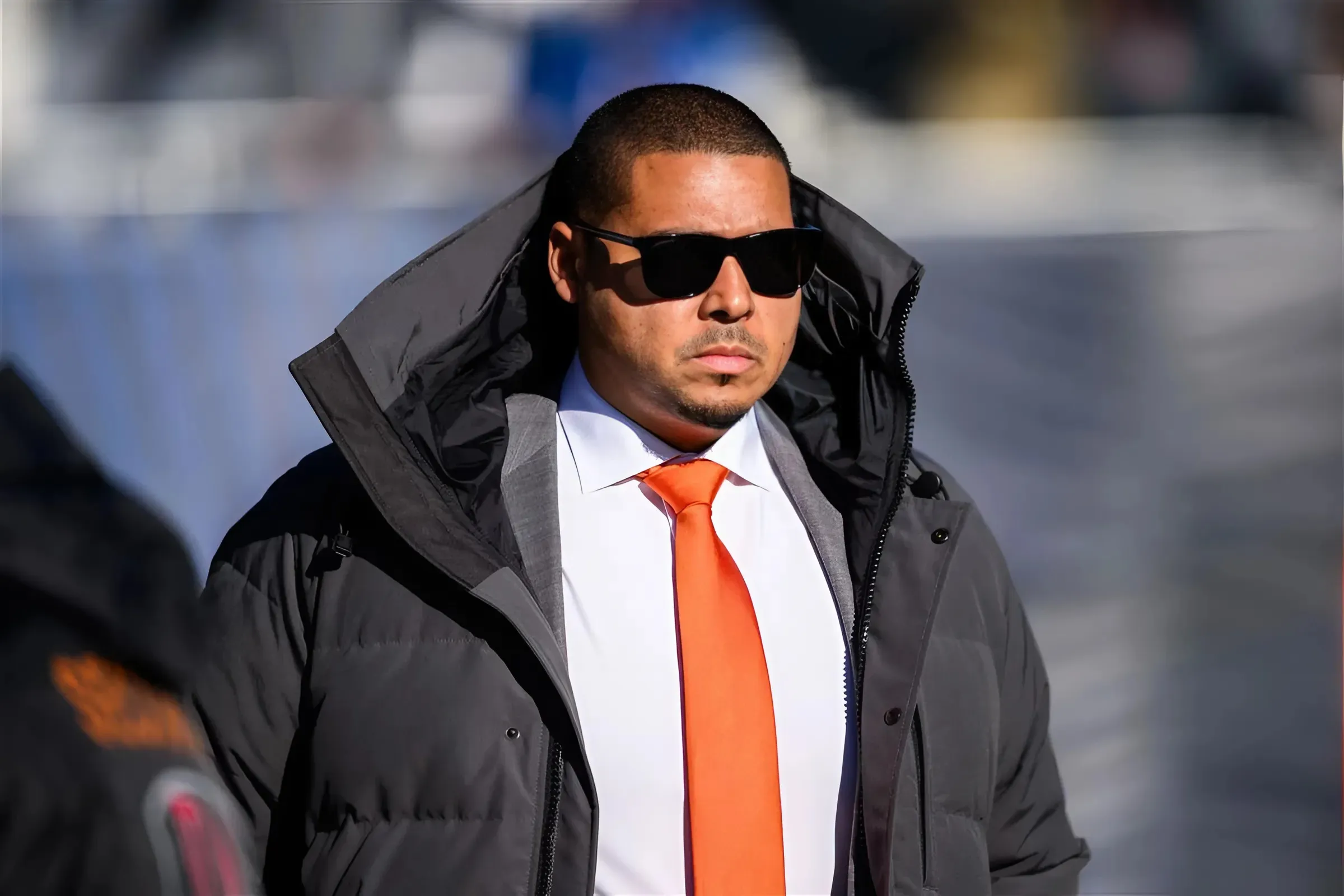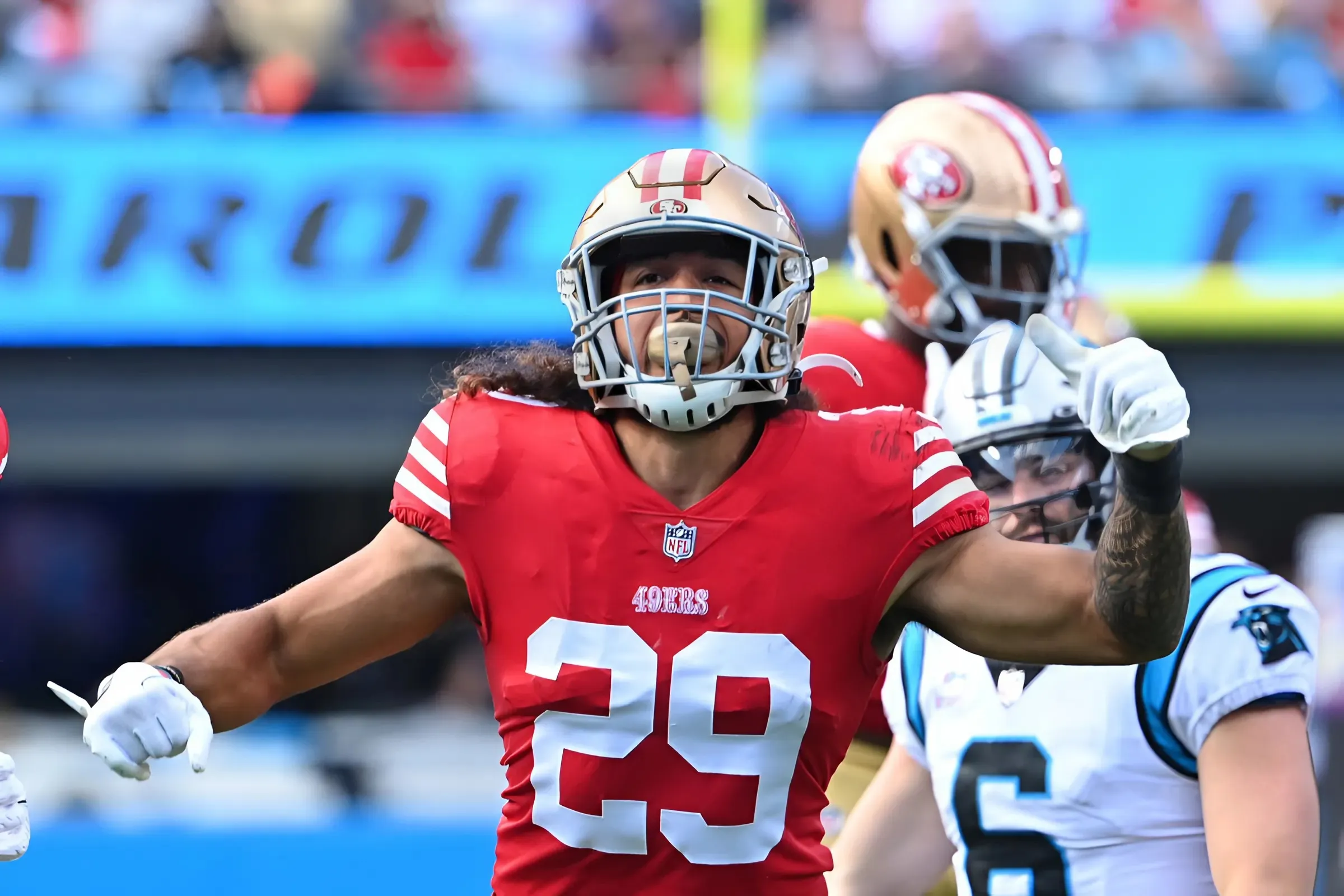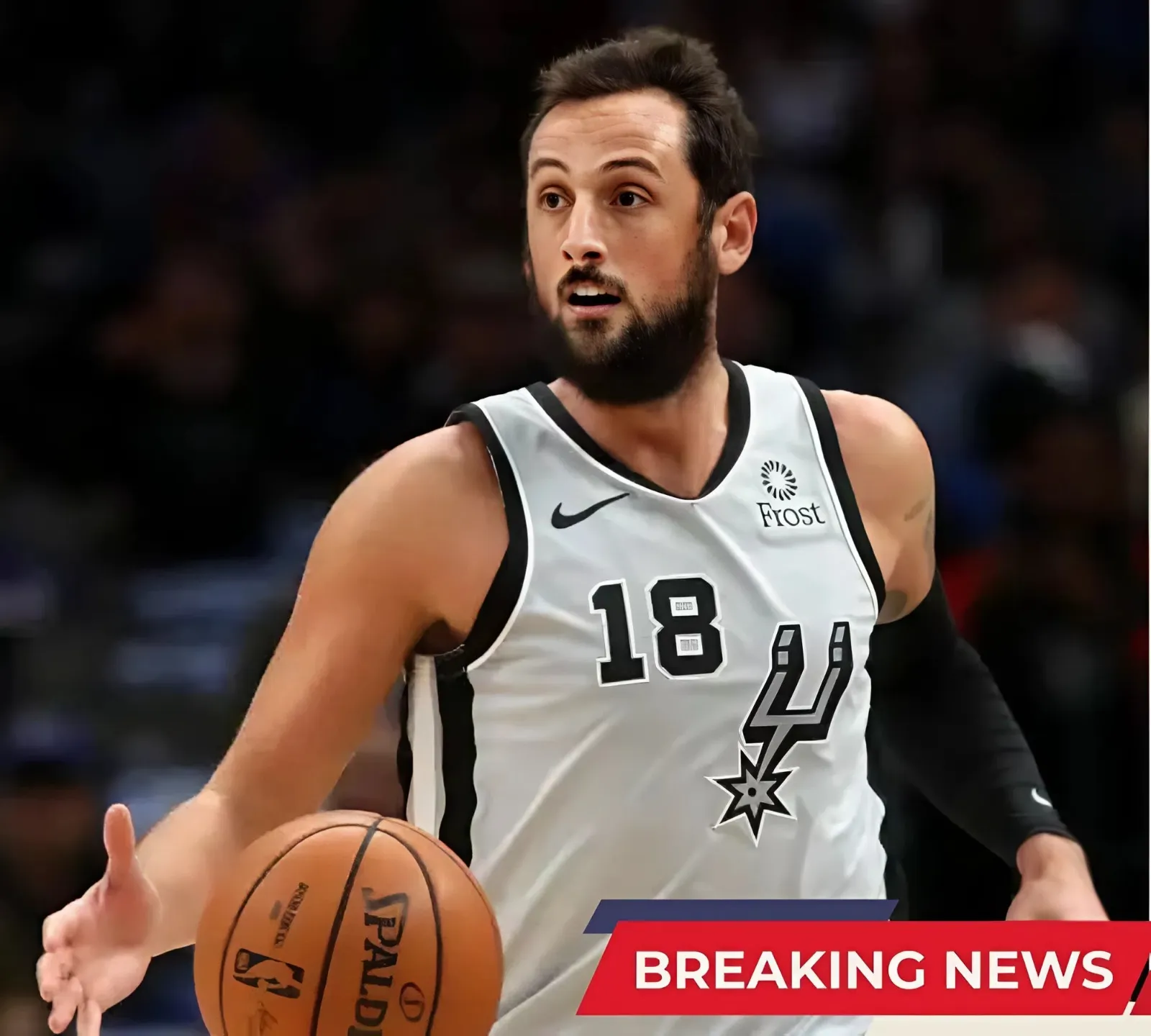There's a new reality when it comes to evaluating NFL draft prospects. For most of the league's existence college players have been effectively unpaid interns, a convenient arrangement for the NCAA that was shattered a few years ago by California's landmark NIL legislation that finally allowed amateur athletes to earn money before going "pro."

It seems that Seattle Seahawks general manager John Schneider has some pretty old-fashioned ideas about athletes getting paid at the lower levels of the sport. The comments he made in his most-recent weekly appearance on Seattle Sports radio certainly suggest he thinks that earning NIL money can distract players from the sacred love of football. Observe.
Some fans think this is being misinterpreted - but his comments at the end make it clear how he feels.
This is disappointing but really not all that surprising coming from Schneider, who's earned a reputation for being tight-fisted at the negotiating table. Schneider's refusal to move off specific numbers or make exceptions even for exceptional players has rubbed several Seahawks legends the wrong way over time.
In recent years the team has opened up a bit in free agency, splurging to sign several high-end defensive linemen, such as Dre'Mont Jones, Leonard Williams and DeMarcus Lawrence. The Sam Darnold and Cooper Kupp signings are also significant departures from a historic hesitancy to pay any real money to outside free agents.
However, in another way the Seahawks have grown even more stingy - at least when it comes to the length of contracts. No matter how talented or important any one player might be, Seattle has refused to sign anybody to a deal for more than three years.
Rumor has it a lack of long-term commitment may have been what fueled Geno Smith's trade request and was also reportedly the deciding factor in what drove Will Fries to sign with the Minnesota Vikings, who offered a five-year deal compared to Seattle's three.
Some have speculated that Schneider's three-year limit is being influenced by the potential sale of the team. It's impossible to know that from the outside, but that would be flimsy excuse for an NFL franchise to effectively adopt a college model by refusing to even consider any long-term deals.
That cold approach to the money part of the game will probably keep the Seahawks playing at least at a fringe-playoff level over the long run, but it might also prevent them from signing the kind of difference-makers who can get them back to the Super Bowl.



